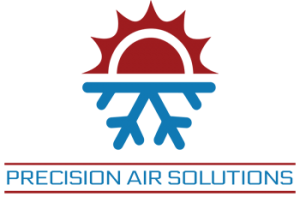- (707)-741-1993
- chris@precisionhvacco.com
- Serving Solano & Surrounding Counties
How to Find & Hire a License HVAC Contractor: 20 Things to Consider
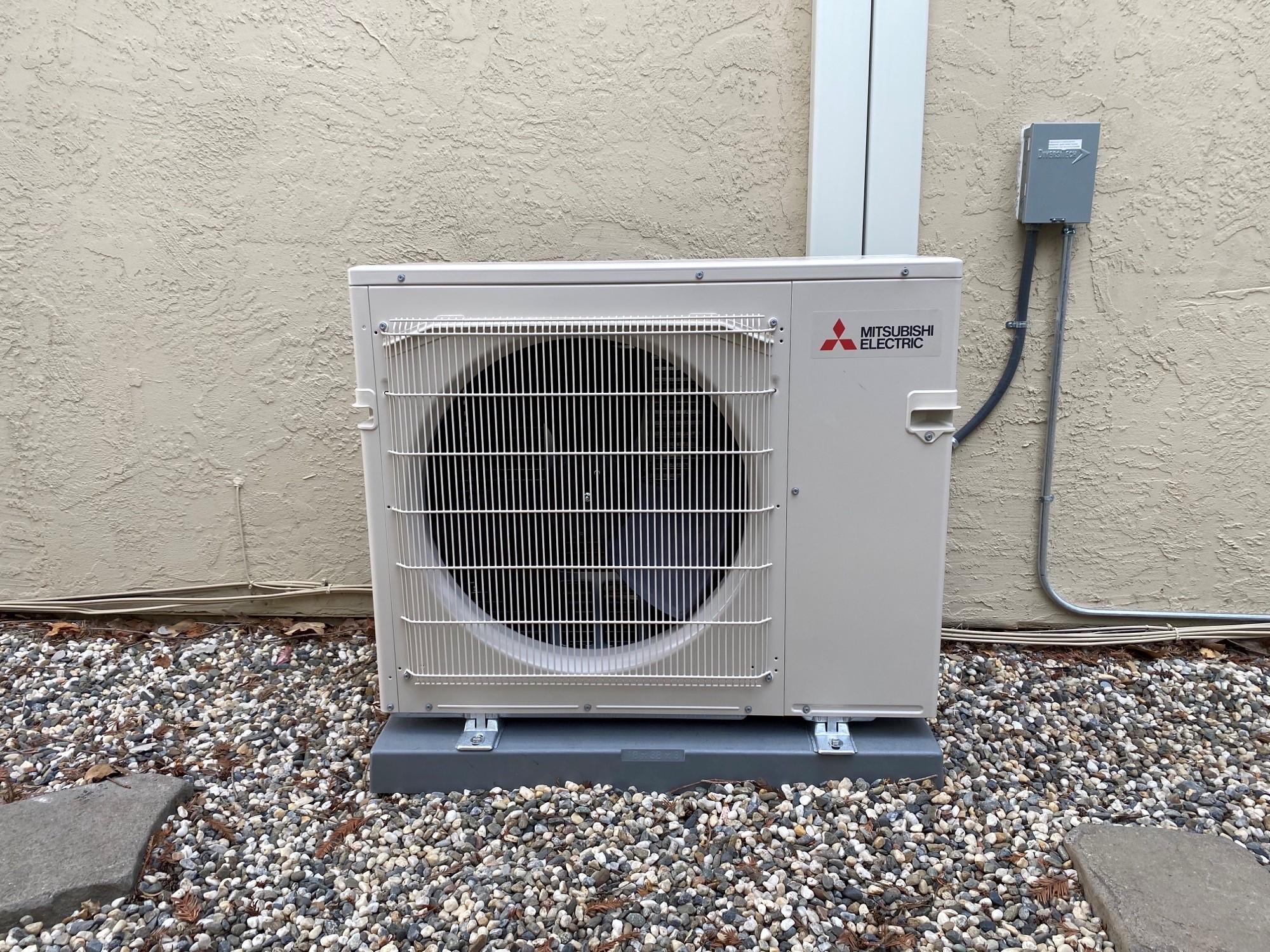
What is an HVAC contractor?
What to consider when hiring an License HVAC contractor
1. License HVAC Contractor: Status and License
2. License HVAC Contractor: Expertise and Experience
3. License HVAC Contractor: Professionalism and Courtesy
4. License HVAC Contractor: Cost and Service
5. License HVAC Contractor: Availability and Response Time
6. License HVAC Contractor: Quality and Comfort
7. License HVAC Contractor: Specification and Repair
8. License HVAC Contractor: Responsiveness
9. License HVAC Contractor: Equipment and Repair
10. License HVAC Contractor: Knowledge and References
11. License HVAC Contractor: Quality and Safety
12. License HVAC Contractor: Customer Service
13. License HVAC Contractor: Cleanliness
14. License HVAC Contractor: Communication
15. License HVAC Contractor: Responsiveness
16. License HVAC Contractor: Variety of Services
17. License HVAC Contractor: Professional Associations
18. License HVAC Contractor: Reputation
19. License HVAC Contractor: Repair and Replacement
20. License HVAC Contractor: Maintenance and Inspection
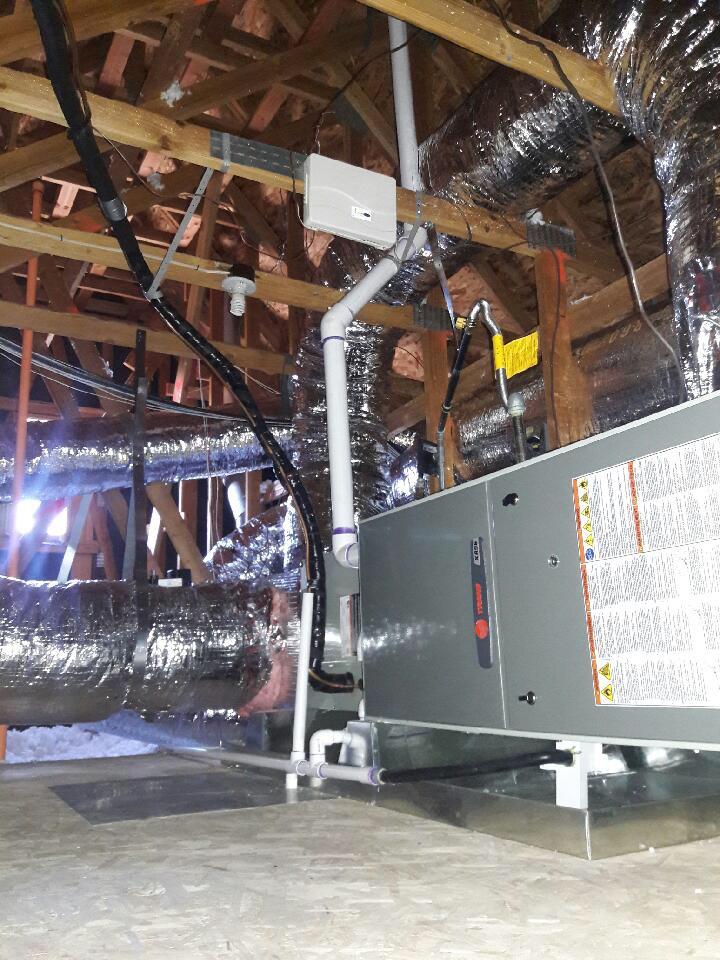
Tips for choosing the right contractor for your project
1. Determine the scope of the project
2. Research Available Products and Services
3. Identify Potential Contractors
4. Compare Estimates and Service Agreements
5. Understand What Is Covered by the Warranties
6. Ask Questions to Clarify the Process
7. Check the Qualifications and Experience of the Contractor
8. Look for Certificates and Accreditations
9. Make Sure the Contractor Has Safety Standards
10. Ensure the Contractor Uses Quality Materials
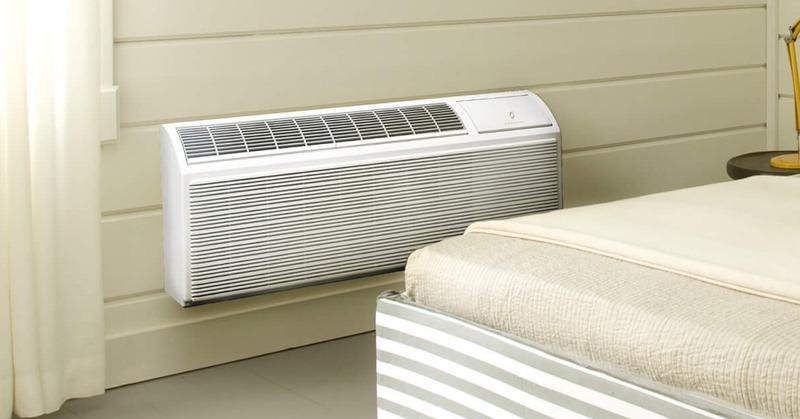
FAQ
What type of license should a HVAC contractor have?
In California, HVAC contractors are required to have a C-20 HVAC license for any jobs exceeding $500. To obtain this license, they need to be licensed by the Department of Consumer Affairs Contractors State License Board. They must have at least four years of experience in the previous ten years, have a $15,000 bond, and proof of worker’s compensation insurance. Additionally, they need to obtain pre-approval from the state to sit for the exam and must pass both a trade exam and a business and law exam with at least 72%.
How can I find a reliable License HVAC contractor?
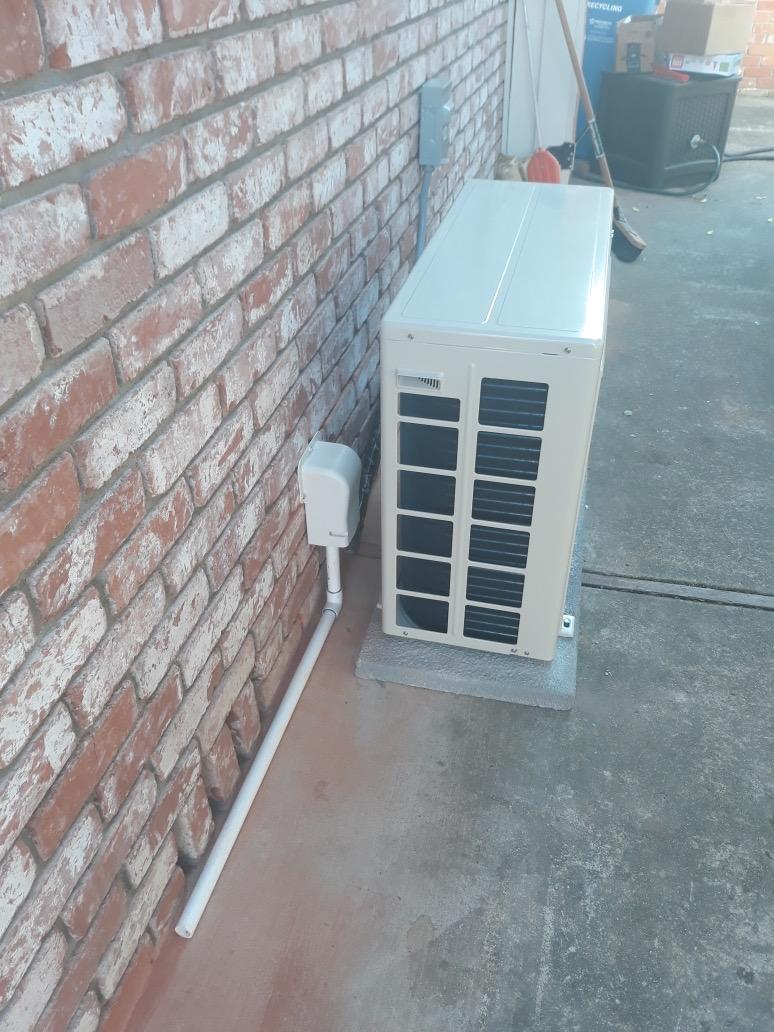
Apart from the usual services, some companies may specialize in consultation and design. Some HVAC companies may specialize in residential, while others may be more focused on commercial properties. So, it’s important to check what projects they have done in the past and whether the job was completed on time and on budget.
When choosing an HVAC contractor, it’s also important to solicit bids from multiple companies or contractors. The lowest price may not be the best deal, and you need to take into consideration the quality of work expected, the energy efficiency of the products, and warranties. Customer references and reviews are also a great place to start when looking for a reliable HVAC contractor. By checking out their websites, reviews, and work history before you decide, you can make an informed decision and find a contractor who can provide you with a one-stop solution for improving your home comfort and stand behind their work.
How much should I expect to pay for HVAC services?
The cost of HVAC services can vary depending on the type of service needed. On average, the cost to hire an HVAC contractor ranges from $40 to $100 per hour. The cost of repair services can range from $200 to $1,500, depending on the type of repair needed. It’s important to keep in mind that each project is unique, and costs can vary. HVAC professionals typically charge either a flat fee, an ongoing fee, or a periodic charge, depending on the type of service. It’s important to discuss payment options with the HVAC professional before work begins.
What should I look for in the HVAC contractor’s service offerings?
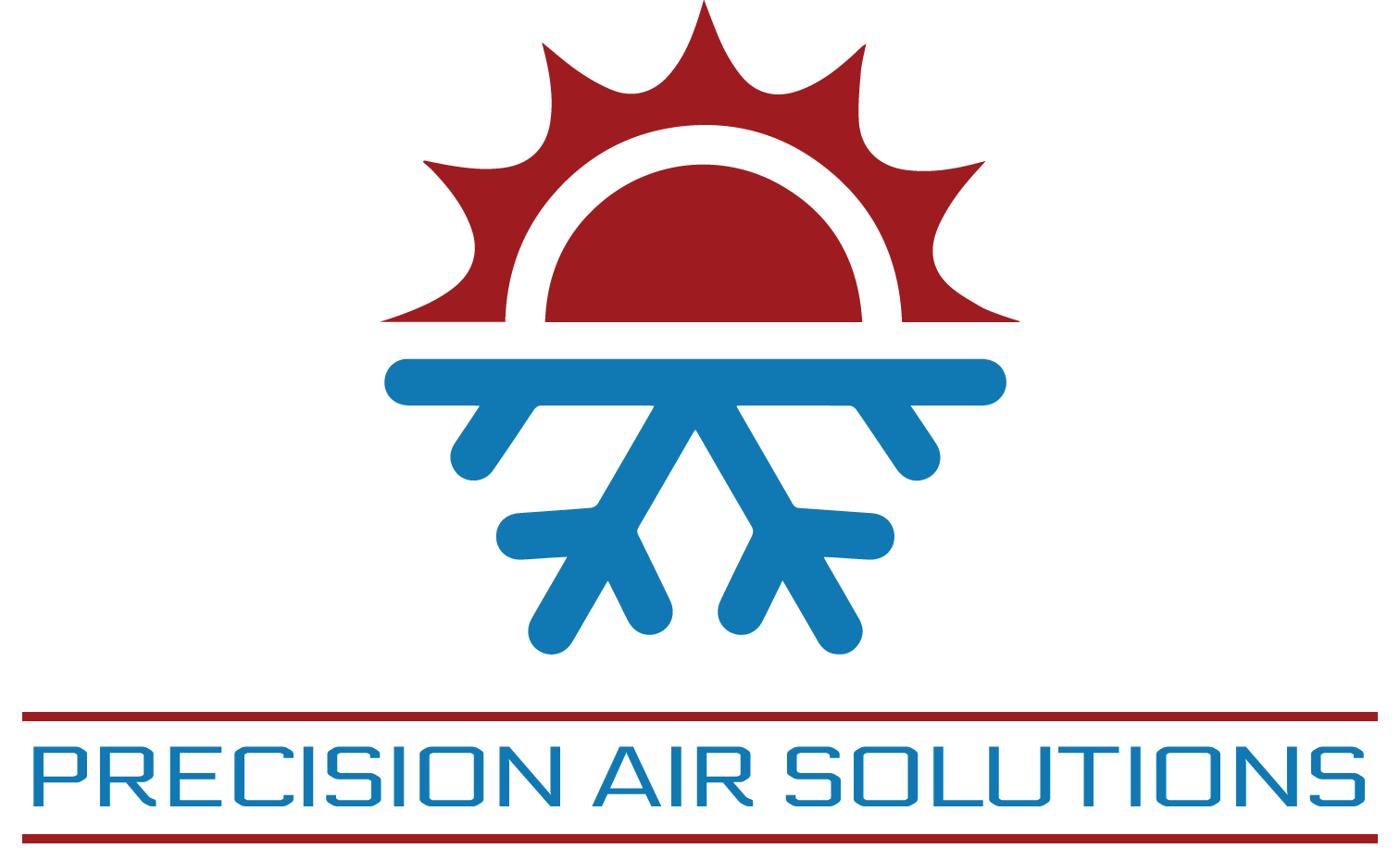
What kind of maintenance and repair work can a HVAC contractor provide?
An HVAC contractor can provide a wide range of maintenance and repair services. Routine maintenance services include checking pipes and tube joints for leakage, testing thermostats, checking and refilling refrigerant levels, testing electric circuits, inspecting fans and motors, cleaning air ducts, troubleshooting various components for optimal efficiency or faults, or changing HVAC air filters. Repair services involve installing/repairing/replacing specific faulty parts on a heating or cooling system to get the heat or air conditioning up and running again.
HVAC contractors may also consult on improving the air quality in your home, which includes devices like whole-house humidifiers or dehumidifiers, whole-house electronic air cleaners, germicidal light system installation, and thermostat installation repair or replacement. They may also offer pointers on how to save on energy bills by replacing or sealing drafty doors and windows, improving home insulation, or installing insulation around air ducts. Some HVAC contractors specialize in specific types of equipment, such as boilers and water-based heating systems, which require a different set of skills and training than force-air systems.
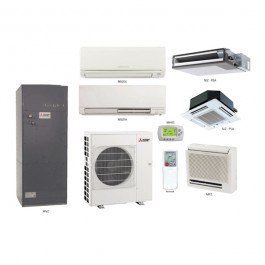
The type of heating and cooling system that you should install depends on several factors, including your location, budget, and personal preferences. There are various types of HVAC equipment available for heaters, including furnaces, boilers, heat pumps, space heaters, and more. It is important to choose the right contractor who can help you with the installation and repair of any of these systems. Additionally, you can ask for referrals from friends, neighbors, and co-workers, and call references to ask about the contractor’s installation or service performance.
What type of air conditioning systems are available?
There are several types of air conditioning systems available. One of the most common types is a central air conditioning system, which uses a duct system to distribute cool air throughout the entire home. Another type is a window air conditioner, which is a self-contained unit that can be installed in a window or a hole in an exterior wall. There are also portable air conditioners, which can be moved from room to room and don’t require permanent installation.
Additionally, there are ductless mini-split systems, which consist of an outdoor unit and one or more indoor units and are ideal for cooling individual rooms or zones. Each type of air conditioning system has its own advantages and disadvantages, and it’s important to consult with an experienced HVAC contractor to determine which type is best suited for your home.
How can I make sure I’m getting the best price for HVAC services?
When it comes to getting the best price for HVAC services, it’s important to do your research and get multiple estimates from different companies. Request an itemized estimate of the job and compare the prices and services offered by each company. Keep in mind that the cheapest option may not always be the best, as HVAC contractors and companies differ in their areas of expertise.
Additionally, make sure to ask about the company’s warranty or satisfaction policy and how they accept payment. Some companies may offer scheduled payments if you cannot afford to pay the cost in one lump sum. However, be wary of companies that offer significantly lower prices than their competitors, as this may be a sign of poor quality work or hidden fees. Ultimately, the key to getting the best price for HVAC services is to do your research, compare prices and services, and choose a reputable company with positive customer reviews.
What type of warranties and guarantees are offered by HVAC contractors?
HVAC contractors typically offer warranties and guarantees for their services and products. The specific terms of these warranties and guarantees can vary depending on the contractor, but they are designed to protect the client in case something goes wrong.
For example, many HVAC contractors offer warranties on new installations. These warranties may cover parts and labor for a certain period of time, such as one year or five years. If something goes wrong with the new system during that time, the contractor will come back and fix it at no additional cost to the client.
Some contractors also offer guarantees for their repair services. This means that if the same problem occurs again within a certain period of time, such as 30 days or 90 days, the contractor will come back and fix it again for free.
It’s important to read the terms of any warranties or guarantees carefully before signing an HVAC contract. Some warranties may have exclusions or limitations that could affect the coverage, so it’s important to understand exactly what is and isn’t covered.
How do you evaluate an HVAC installer?
1. HVAC installer license: Professional certification and experience
2. HVAC installer license: Customer reviews and references
3. HVAC installer license: Pricing and billing
4. HVAC installer license: Quality of work
5. HVAC installer license: Professionalism
6. HVAC installer license: Communication
7. HVAC installer license: Response Times
What should I look for in a commercial HVAC contractor?
1. License: Professional certification and registration
2. Repair and maintenance prices
3. Equipment and technology
4. Cleaning and inspection
5. Warranty
How do I find a good HVAC technician?
Step 1: Determine what kind of HVAC contractor you are looking for.
Step 2: Research available options, such as licenses, services and rates
Step 3: Ask family and friends for referrals
Step 4: Check online reviews and customer testimonials
Step 5: Make sure the contractor is licensed and experienced with your system
What should I look for when hiring an HVAC contractor?
1. Maintenance service plans
2. Price and estimate
3. Availability and scheduling
4. Read the company reviews
5. Years in business
6. Family business
7. Quality assurance
8. Warranty
9. Expert advice
10. Knowledge and skills
HVAC Manufacturers and Type Of Systems They Sell
|
Manufacturer |
Type of HVAC Systems Offered |
|
— |
— |
|
Carrier |
Air conditioners, heat pumps, furnaces, ductless systems, geothermal heat pumps, packaged systems, and ventilators |
|
Trane |
Air conditioners, heat pumps, furnaces, ductless systems, geothermal heat pumps, packaged systems, and ventilators |
|
Lennox |
Air conditioners, heat pumps, furnaces, ductless systems, packaged systems, and indoor air quality systems |
|
Rheem |
Air conditioners, heat pumps, furnaces, ductless systems, packaged systems, and indoor air quality systems |
|
York |
Air conditioners, heat pumps, furnaces, ductless systems, packaged systems, and indoor air quality systems |
|
Goodman |
Air conditioners, heat pumps, furnaces, packaged systems, and indoor air quality systems |
|
American Standard |
Air conditioners, heat pumps, furnaces, ductless systems, packaged systems, and indoor air quality systems |
Precision HVAC offers a variety of services to ensure that your heating and cooling system is functioning properly. Some of the services they offer include:
-
- HVAC maintenance and repair
-
- HVAC installation
-
- Indoor air quality solutions
-
- Duct cleaning
-
- Thermostat installation and repair
-
- Water heater installation and repair
-
- Geothermal system installation and repair
In addition to these services, Precision Air Solutions also offers 24/7 emergency services for situations that require immediate attention. Their team of trained and experienced technicians are equipped to handle any HVAC issue that may arise.
Common problems that HVAC systems have include:
-
- Dirty or clogged air filters, which can cause reduced airflow and decreased efficiency.
-
- Refrigerant leaks, which can cause the system to lose cooling capacity and potentially damage the compressor.
-
- Thermostat malfunctions, which can cause the system to run inefficiently or not turn on at all.
-
- Electrical issues, such as faulty wiring or blown fuses, which can cause the system to stop functioning altogether.
-
- Dirty or clogged condenser coils, which can cause the system to work harder and less efficiently.
-
- Improper installation or sizing of the system, which can cause poor performance and higher energy bills.
-
- Wear and tear on the system’s components over time, which can cause breakdowns and the need for repairs or replacements.
It’s important to schedule regular maintenance for your HVAC system to prevent these common problems and ensure that your system is running at peak efficiency.
Top 10 HVAC maintenance services that keep your home running cool:
-
- 1. Inspection and cleaning of HVAC system components
-
- 2. Upgrading parts like air filters and adding refrigerant to the air conditioning system and heat pumps
-
- 3. Checking ducts for leaks
-
- 4. Testing different circuits
-
- 5. Checking pipes for leakage
-
- 6. Testing thermostats
-
- 7. Changing filters
-
- 8. Checking refrigerant levels
-
- 9. Duct cleaning
-
- 10. Adding electrostatic air filters
These services are essential to ensure that your HVAC system is working efficiently and providing clean air for your family to breathe. Regular maintenance can also prevent costly repairs in the future.
https://www.youtube.com/watch?v=xKaR0wk6Gy8
